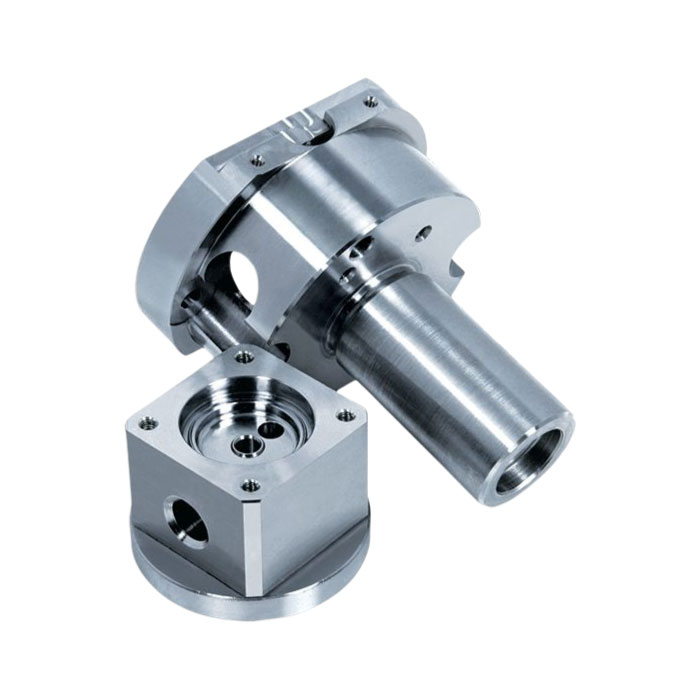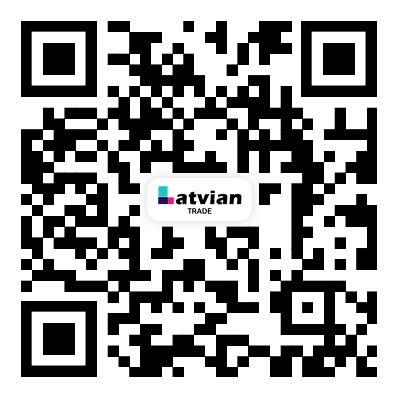Advantages and disadvantages of CNC machining
2023-10-16
CNC machining, or Computer Numerical Control machining, offers several advantages and disadvantages. Here are some key points to consider:
Advantages of CNC Machining:
1. Precision and Accuracy: CNC machines are capable of achieving high levels of precision and accuracy, ensuring consistent quality in the manufactured parts. They can produce complex geometries with tight tolerances, resulting in parts that meet exact specifications.
2. Efficiency and Productivity: CNC machining is highly automated and can operate continuously, leading to improved efficiency and productivity. Once the machine is set up and programmed, it can run unattended, allowing operators to focus on other tasks.
3. Versatility and Flexibility: CNC machines can be programmed to create a wide range of parts and components. They can handle various materials, such as metals, plastics, wood, and composites. This versatility makes CNC machining suitable for diverse industries and applications.
4. Complex and Intricate Designs: CNC machines can produce complex and intricate designs that may be challenging or impossible to achieve using conventional machining methods. They offer greater design freedom and enable the creation of intricate features, contours, and details.
5. Repetitive Accuracy: CNC machining ensures consistent and repeatable results. Once a program is created and tested, the same program can be used to produce multiple identical parts with high accuracy, reducing the risk of human error.
Disadvantages of CNC Machining:
1. High Initial Investment: CNC machines can be expensive to purchase, install, and maintain. The initial investment may be prohibitive for small businesses or startups. Additionally, training operators to use and program CNC machines requires specialized knowledge and expertise.
2. Complexity of Programming: Programming CNC machines requires technical skills and knowledge. The programming process can be complex, especially for intricate designs and multi-axis movements. This can result in longer setup times and potential programming errors if not done correctly.
3. Limited Flexibility for Small Production Runs: CNC machining is most cost-effective for large production runs. For small production runs or one-off prototypes, the setup time and programming costs may outweigh the benefits, making it less efficient and more expensive compared to other manufacturing methods like 3D printing.
4. Maintenance and Downtime: CNC machines require regular maintenance and occasional downtime for repairs, which can impact production schedules and increase costs. Proper maintenance and timely repairs are crucial to ensure the longevity and performance of CNC machines.
5. Design Limitations: While CNC machines offer significant design flexibility, there may still be certain design limitations based on the machine's capabilities and tooling. Complex shapes or features may require specialized equipment or additional machining processes.
It's important to consider these advantages and disadvantages when evaluating whether CNC machining is the right manufacturing method for a specific application. Factors such as production volume, part complexity, budget, and time constraints should all be taken into account.



